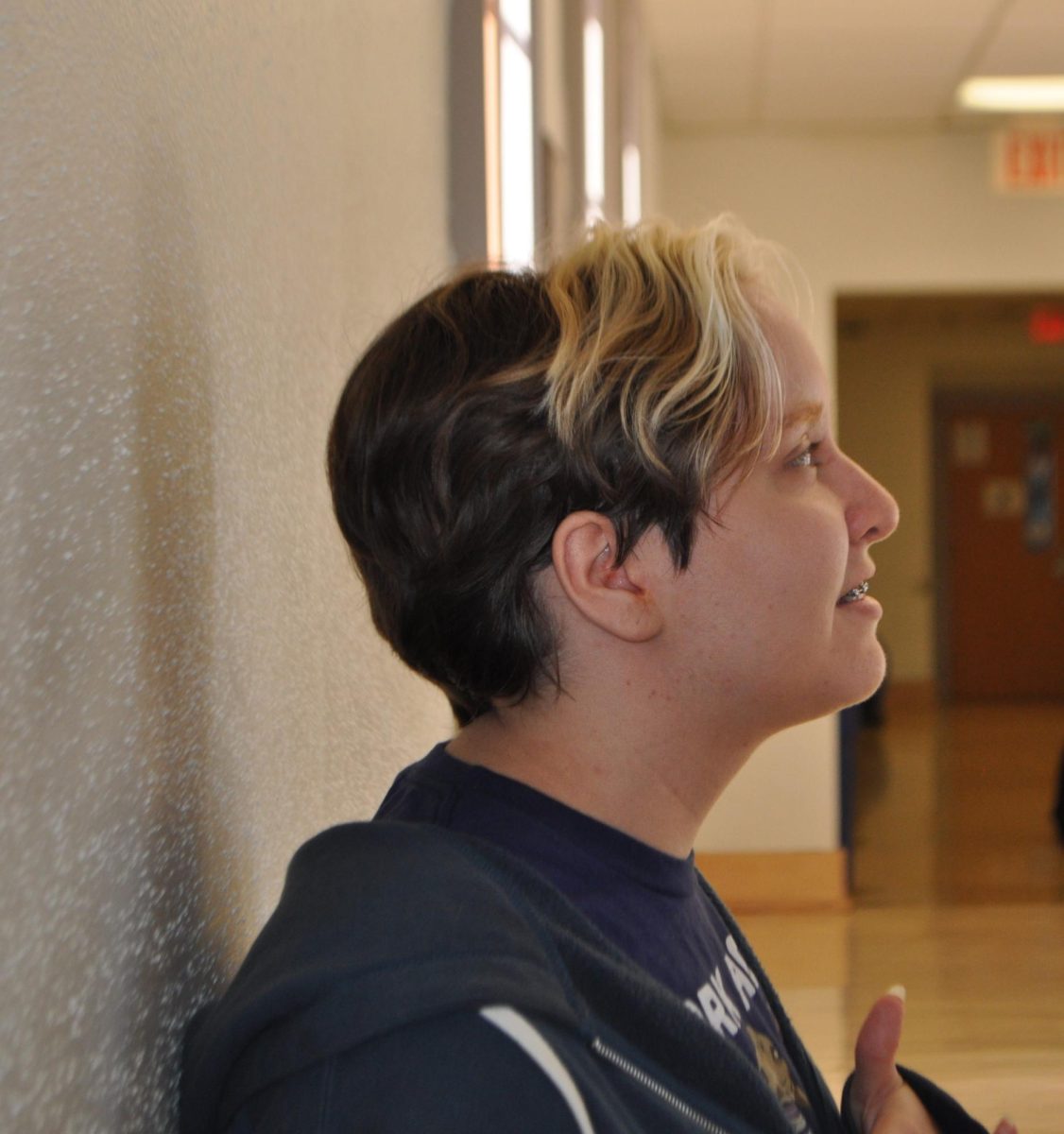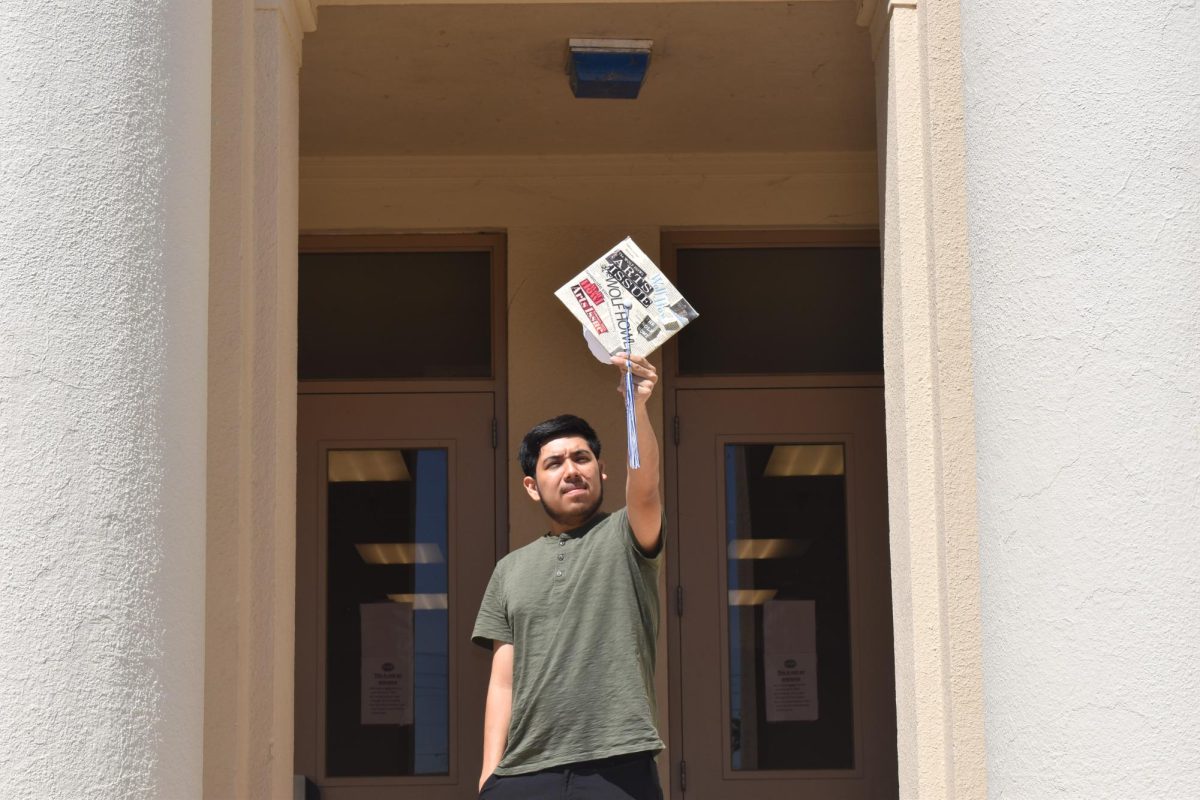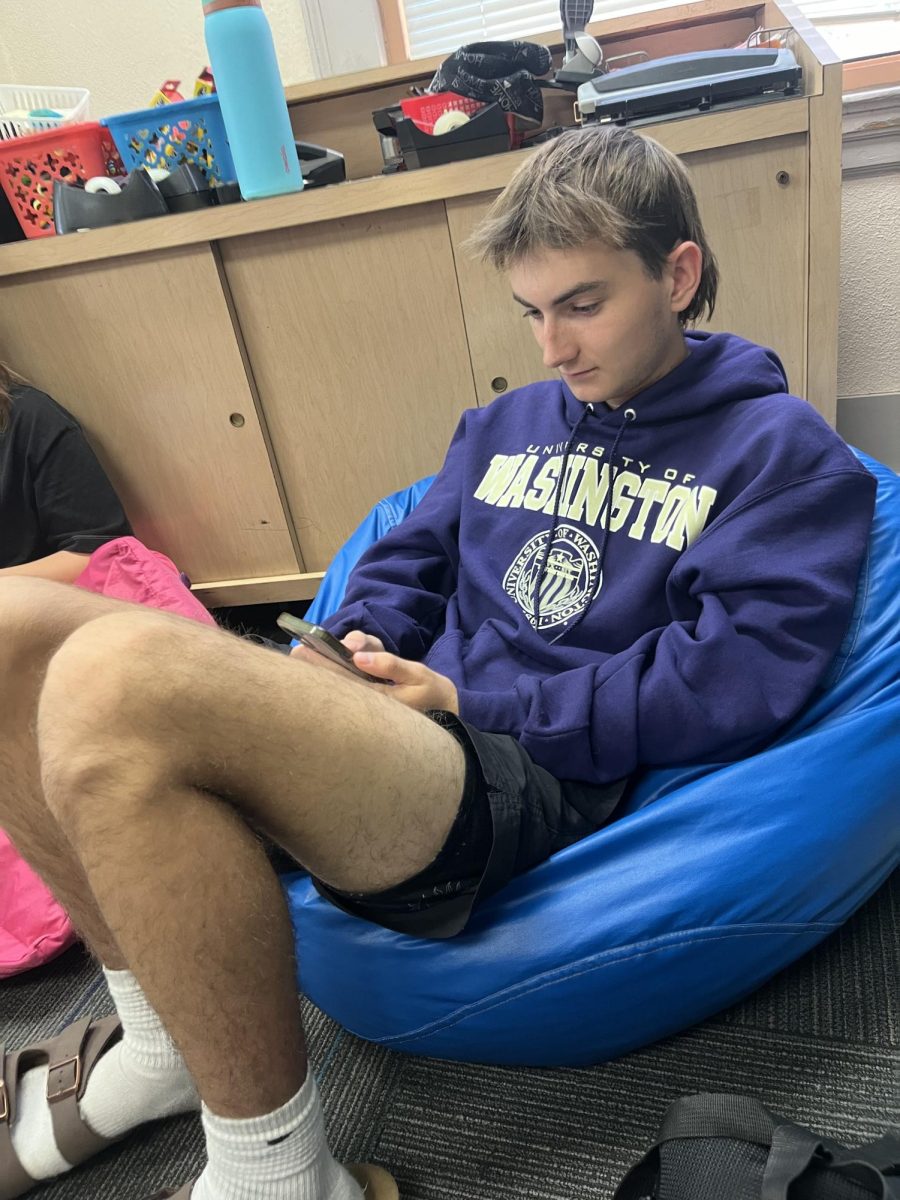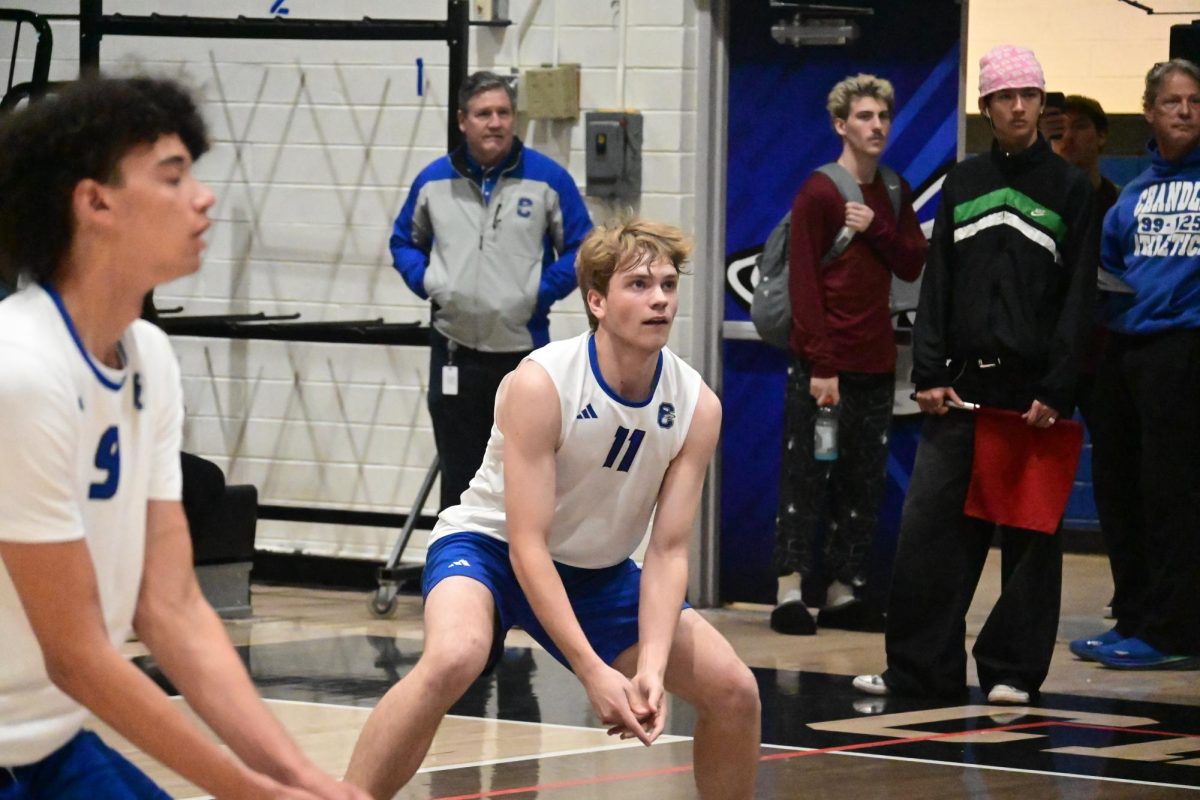Imagine a world where reaching for your phone is no longer an option – what might we gain, and what might we lose?
The new law passed by the Arizona legislature has led CUSD and Chandler High School to implement new policies that require students to keep their phones stored away during class hours, aiming to improve focus and reduce distractions, with exceptions only outside of class and for emergencies. While some schools and districts set rules that say students must have their phones locked away for the entire school day, at Chandler, students can use their phones between classes and during lunch.
How do students, teachers, and parents feel about these new policies?
Not unexpectedly, most students were not initially happy about the new rules. Once they settled in, though, some students have been seeing the benefits of putting their phones out of reach during class time.
One benefit many students will agree to is that there is less distraction and they can focus on their lessons. Others argue that some students can still be distracted by talking to friends, doodling on their papers, or sleeping. Kaylin James stated, “I think most people benefit from it but it depends on the person. Some people struggle in school even without a phone.”
Some students are finding that it has improved their social experience, as Farida Raslan stated, “Well, we do communicate more instead of being on our phones.”
Other students have expressed worries about being able to access their phones in an emergency or wanting to listen to music to concentrate. Keeping phones stored in a central location in the classroom seems to address the first problem, and some CHS teachers have shown flexibility with allowing students to listen to music during independent work time.
Mrs. Shelley Weight, a CHS English teacher, said she likes the new phone ban. She said that it has already impacted the classroom environment for the better, and she has seen improvement because her students are building relationships and working together to learn content.
Regarding potential disadvantages, Mrs. Weight thinks there are none. She agreed that a complete ban was necessary, explaining, “Even though teachers can make their own rules, students often don’t respect the rules of one teacher. A school wide expectation promotes continuity and respect.”
Before the state-wide ban, Mrs. Weight expected students to keep their phones in their backpack and only use them with permission. But students were always trying to sneak their phones while she wasn’t looking. “Phones literally kept students from completing their work,” she said. For emergencies, Mrs. Weight said she would be more than willing to let a student use their phone if they needed to.
While some supporters of the new law said that banning phones could reduce cyberbullying among teens, most students say this isn’t the case. Students polled by the Wolf Howl said that even without phones in class, online bullying is still the same and happens outside of school.
Parents who responded to the Wolf Howl survey mostly gave similar responses to students and teachers about the benefits of the recent phone ban, and some said that they are starting to see an improvement in their child’s grades. Parents are also glad that since phones are kept in the classroom, their children will still have access to their phones during an emergency.
Overall, it seems that students, teachers, and parents are seeing benefits from the new cell phone policies being implemented at Chandler High School. While every student’s experience is different, the general response has been positive for our community.























